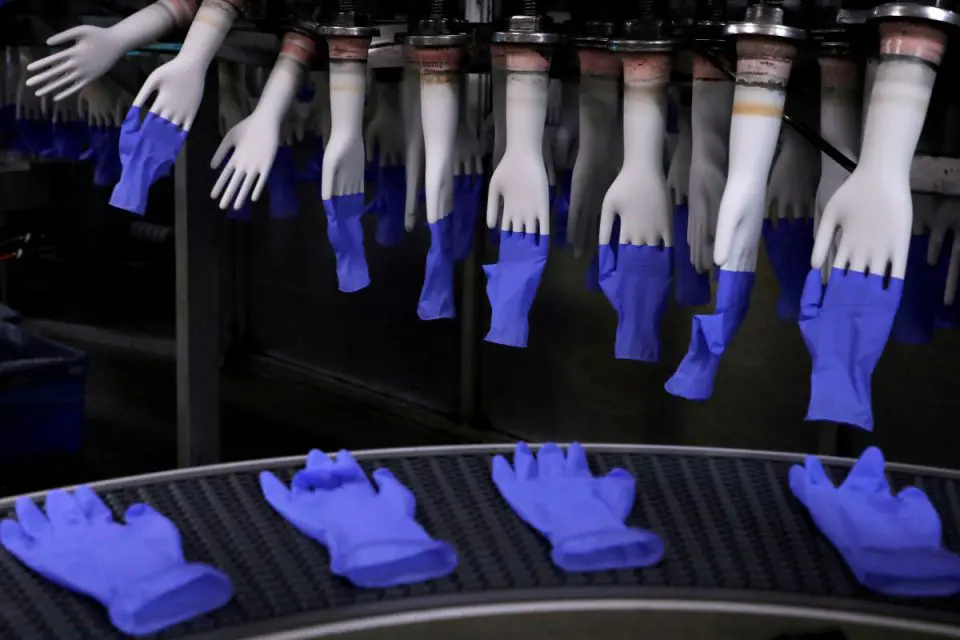SEPANG, Jan 25 — Almost 90 per cent of employers in the glove manufacturing industry comply with occupational safety and health laws and regulations, as well as the stipulated standard operating procedures (SOPs) to curb the spread of Covid-19.
Deputy Minister of Human Resources Awang Hashim said based on operations conducted at glove manufacturing factories, dubbed “Ops Glove”, carried out since last Jan 18, only six of the 105 companies inspected nationwide had unsatisfactory compliance level.
He said the Department of Occupational Safety and Health (DOSH) had issued 16 notices to the employers concerned to make the necessary improvements.
“We will monitor companies that do not comply with occupational safety and health laws,” he told reporters after visiting the WRP Asia Pacific glove manufacturing plant here today.
He said employers who fail to comply with the notice issued will be subject to action under the Occupational Safety and Health Act 1994 (Act 514) which provides for a maximum penalty of RM50,000 or imprisonment of not more than two years or both, upon conviction.
Awang said Ops Glove would continue to be carried out to ensure industry players, especially glove manufacturers, comply with the law.
“DOSH focuses on industries that have a large number of employees and have a high risk of Covid-19 infection,” he added.
Commenting on the increase in workplace clusters for the manufacturing and construction sectors, Awang said the Ministry of Human Resources (MOHR) would look into aspects that could be improved in the existing SOP.
Last Saturday, Health Director-General Tan Sri Dr Noor Hisham Abdullah expressed his concern about the increase in the number of workplace clusters.
According to him, since Jan 6 until last Friday, a total of 350 new clusters have been reported and 225 or 64.3 per cent of them are workplace-related clusters, with the manufacturing-related clusters recording the highest number of clusters, at 80, followed by construction-related clusters(53 clusters) and service-related clusters (31).
— Bernama





